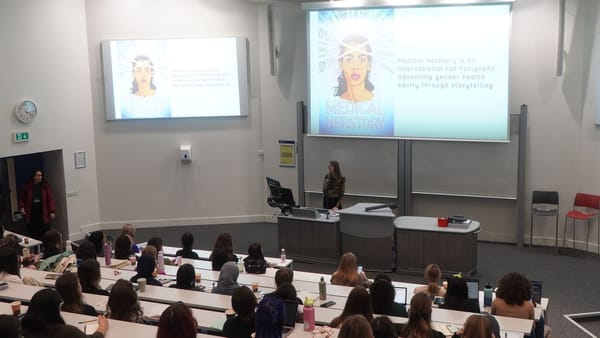NUS: A pottered history
Union President Paul Beaumont gives his opinion on the NUS
Personally, I have a great deal of respect for Liam Burns. I should imagine he has an incredibly difficult job attempting to mire the two ends of the tertiary education system: Higher Education (Universities) and Further Education (more vocational courses). The two systems – in my opinion -have very different needs and objectives. And so how can one body, the NUS, ever hope to properly represent everyone? Well, I don’t think it can.
At a recent NUS Conference the phrase “Well, there’s the Russell Group, and then there’s the rest of us…” left the mouth of the NUS’s Director of Policy, Jim Dickinson. As much as I found Jim a great speaker, this sentence, for me, perfectly explains why I don’t think Imperial is a suitable member of the NUS. NUS policy is written to appease the majority membership of Further Education institutions that make up the NUS governance structure; little reflects the needs and wants of the ‘top end’ of the Higher Education market – the G5 and Russell Group Universities. If we had been affiliated to NUS, I would have felt insulted listening to Jim disregarding the Russell group from his conference speech.
Historically, our relationship with NUS has always been fraught – be it arguments over affiliation fees to stances on conscription during WWII. I didn’t help the situation by telling someone from Bristol whilst at the conference that “NUS doesn’t really like us” (or words to that effect…) only to be overheard by Liam and be told “Oh, you must be from Imperial!” We agreed that the issue was more mutual than a one-sided dislike.
The debate, however, of whether we should be in the NUS has not been given to the student body for nearly five years. Very few of the students who voted to leave the NUS back in 2008 are around now – we are a new cohort who should be able to make that decision for ourselves. I very strongly believe that we should remain out of the NUS – its ‘benefits’ are far outweighed by its costs and associated policy stances.
My arguments are for another Felix article, however – at this point in time, I invite anyone interested in organising a ‘vote yes’ and a ‘vote no’ campaign to come forward and get involved in the discussion. A referendum will – if all goes to plan – be held during sabbatical elections. As in elections, all full members of the Union are eligible to vote.








